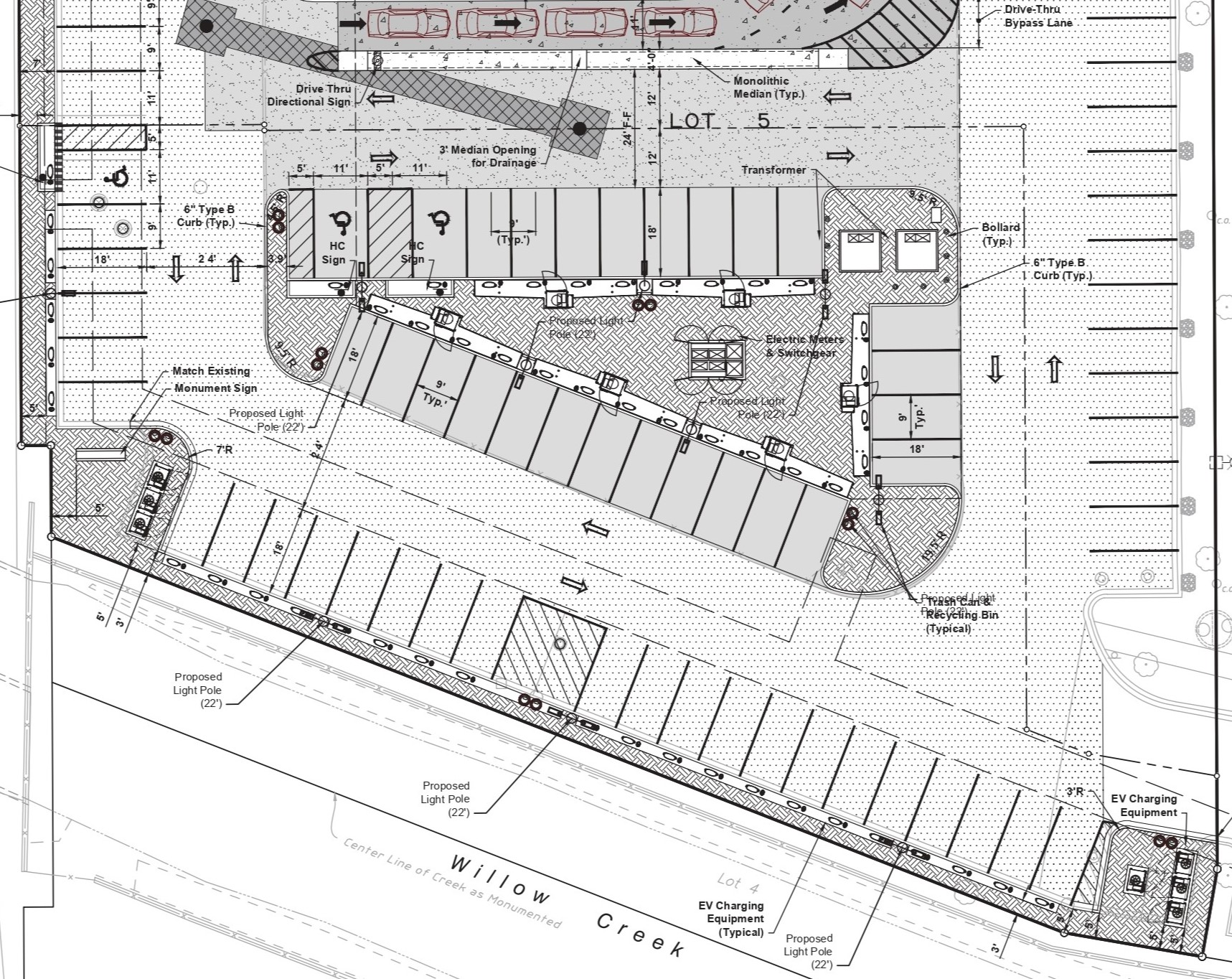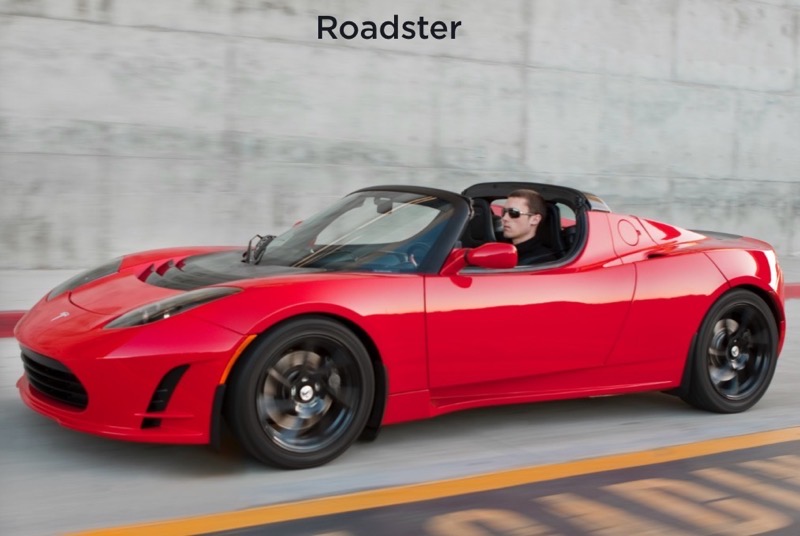
Australia University and Teslascope to Study Tesla Car Batteries for Grid Power

Some critics have pointed out that the electrical grid will need to expand to support upcoming gas car sales ban goals, and one Australian research team is already working on the viability of electric vehicles (EVs) providing spare, unused power back to the grid.
Researchers at the University of Queensland (UQ) announced plans on Wednesday to evaluate whether the spare battery from Tesla cars can power the energy grid or residential homes in the future, according to Reuters.
The university is partnering with analytics platform Teslascope for the project, and allow access to driving and charging data from Tesla vehicles registered and accepted into the program.
“If accepted into the research program, The University of Queensland will have access to the driving and charging data pertaining to all vehicle(s) under your Teslascope account in the form of CSV and JSON data exports. When manually requested by the Research Team, this data will be stored securely and confidentially on the university’s servers and is stripped of most PPI (personal identifiable information),” explains Teslascope’s website.
The researchers will reportedly start the project with a real-world trial to analyze how EV owners drive and charge their vehicles.
The research team is partnering with the analytics software Teslascope to conduct its research, and they’ll be working with about 500 Tesla owners around the world, by collecting usage data through the vehicles’ software.
Tesla Unveils Powerwall ‘Virtual Power Plants’ to Help California Grid https://t.co/J6M4t1UXNh
— TeslaNorth.com (@RealTeslaNorth) July 17, 2021
UQ Research Fellow Jake Whitehead said, “(The study) will not only help to inform EV policy internationally, but importantly assess the feasibility of using EVs as batteries-on-wheels.”
Most EVs are driven just one-eighth of their daily driving range, according to the UQ researchers, offering ample opportunity for extra energy storage and export to the grid via the use of a vehicle-to-grid (V2G) charging system.
Earlier this year, Tesla expanded its Virtual Power Plant program to residents in Victoria, which allows users to maximize efficiency when charging at home through “Time of Use” electrical rates.

